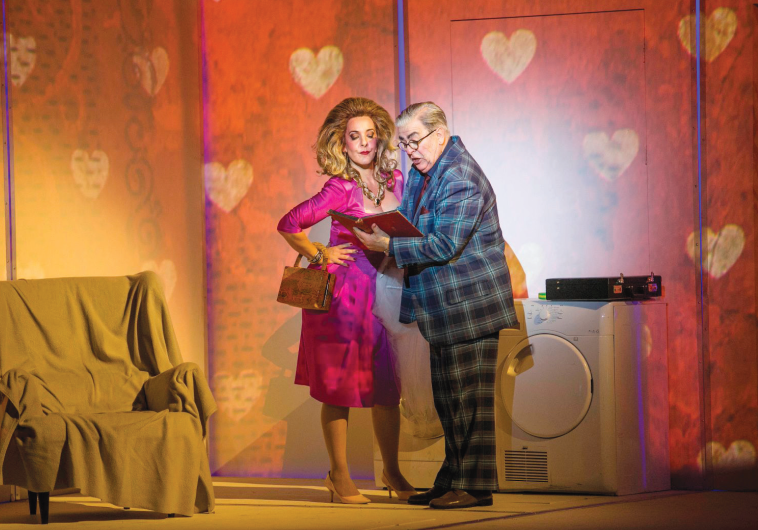Opera review: The Marriage of Figaro
In the title role, Yair Polishook emerged as a singer of stature and as a forceful, impressive stage personality.
 ISRAELI OPERA’S performance of Mozart’s ‘Marriage of Figaro’ at Acre Fortess.(photo credit: NIR KAFRI)
ISRAELI OPERA’S performance of Mozart’s ‘Marriage of Figaro’ at Acre Fortess.(photo credit: NIR KAFRI)